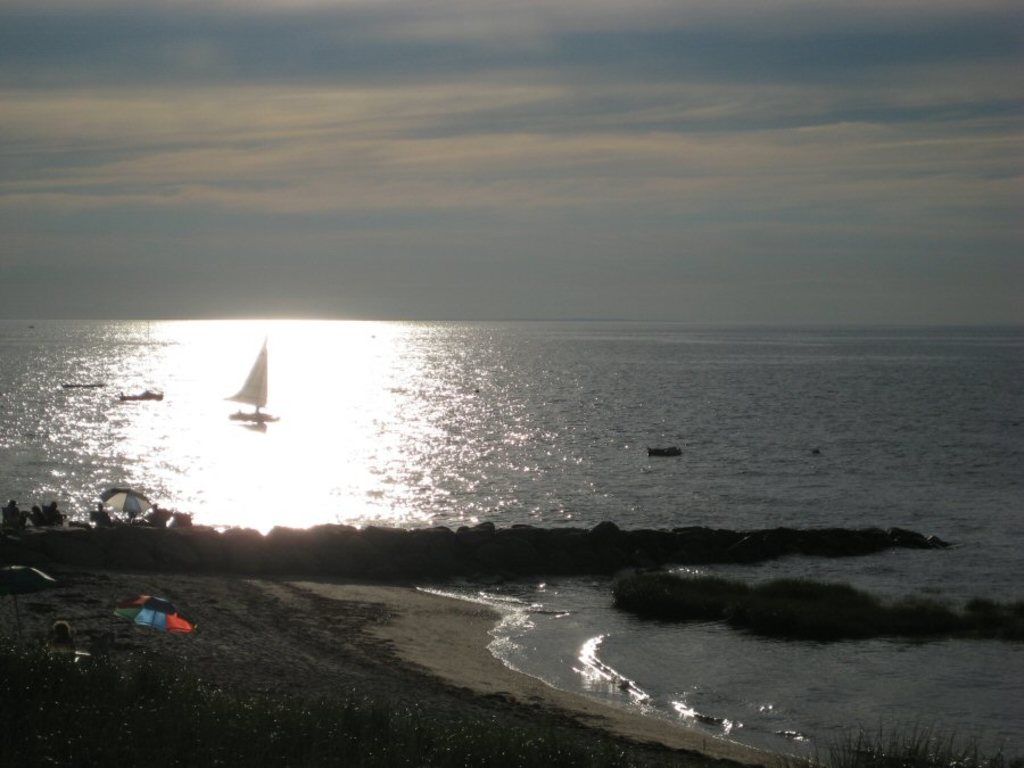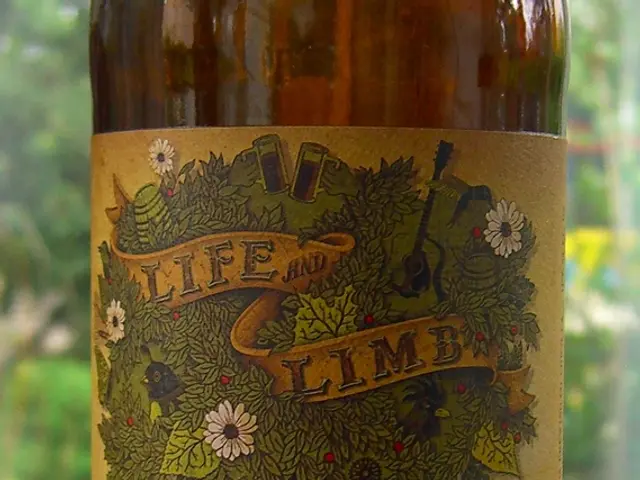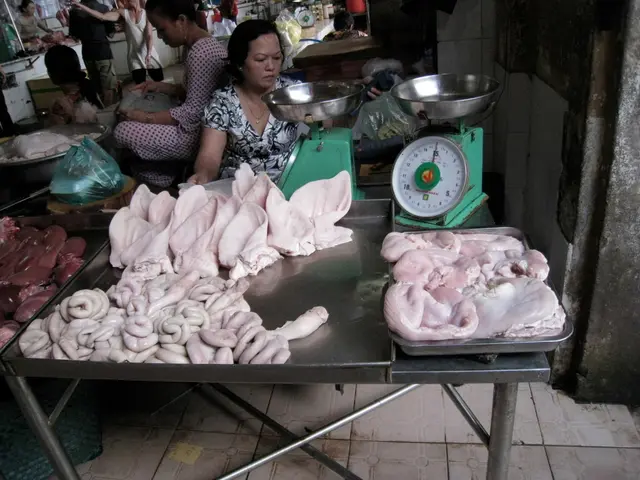A Journey to Empower: The Chui Mamas' Mission in Laikipia County, Kenya
Female-Led Coalition Strives for Climate Change Adaptation and Local Resilience in Northern Kenya
By Andi Cross
A grueling journey took us from Meru National Park to the Loisaba Conservancy. The relentless terrain made us certain that every mile would be worth it. Upon arrival at Loisaba Tented Camp, we were greeted by Dalmas Malcom Lemaiyan, a Maasai Warrior whose passion for the wild was infectious. Covered in dust from our long trek, we couldn't resist Dalmas' invitation to explore our new surroundings.
The wilderness opened up before us: lions lazily lounging under trees, elephants in the distance, and giraffes frequently crossing our path. The wildlife was breath-taking, but our real destination was the women on a mission to transform the community leadership in Laikipia County.
Elewana Collection, Loisaba Conservancy and the San Diego Zoo Wildlife Alliance support the Chui Mamas, a self-help group whose mission is to empower women by promoting income-generating activities. With their strength and resilience, the Chui Mamas, from the Samburu and Ndorobo ethnic groups, are breaking barriers and paving the way for women's rights and equal opportunities in Kenya.
The women have built a community center that serves as both a hub for their efforts and a symbol of their progress. Despite their traditional roles, they have embraced leadership positions for the very first time in their lives. They chose the name Chui - Swahili for leopard - symbolizing their power, courage, and determination.
Kenya's beauty is undeniable, but many communities face significant challenges. Despite opposition, female genital mutilation persists[3], and educational access for girls remains limited[4]. The Chui Mamas are here to change this. By creating opportunities for women and girls, they are overcoming deeply rooted obstacles and rewriting the script of progress.
We met three of the more than 60 Chui Mamas who welcomed us with warmth and laughter. With their colorful necklaces and expressive gestures, their energy was captivating. They explained the importance of their mission to use their skills to build a better life. Their struggles against hunger, poverty, and drought are all too real in this region, but the Chui Mamas see their stories as one of ingenuity and hope.
Regenerative farming is at the heart of their efforts. Their eco-conscious and self-sustaining practices include companion planting, water conservation, and composting kitchen scraps[1]. The Sunflowers they plant act as natural pest control, while mulching helps retain soil moisture[1]. Nothing goes to waste in their system.
Water scarcity is one of their biggest threats. Erratic rainfall patterns have made farming difficult, necessitating constant adaptation[2]. They are preparing for rainwater harvesting systems, and covering crops with hay to slow evaporation[2]. For the Chui Mamas, it's all about establishing resilience to climate change from the ground up.
The community center is a place for collaboration, work, and dreams. Later this year, storefronts will open for each member, offering them the chance to showcase their crafts, earn an income, and seize control of their future[2]. In a region plagued by marginalization, cultural taboos, and gender-based violence, the Chui Mamas are forging a new Africa, rooted in opportunity and not charity.
Tourism and high-end lodges bring people to Laikipia, but the Chui Mamas are determined to ensure that everyone benefits. Their aim is to sell their products to both their communities and tourists, offering a piece of themselves to those who visit[2]. This will not only support the Chui Mamas but also provide a model for equitable tourism.
The Chui Mamas strive to create solutions for generations to come. Many are single mothers, widows, or women who have been pushed to society's edges due to circumstances beyond their control. They provide healthcare, basic needs support, and literacy programs, building a universal space for women to gain support, escape abuse, and learn the skills needed for independence[2]. The Chui Mamas' mission has become their life's work.
For the Chui Mamas, resilience is about more than just surviving. It's about rising above the challenges, achieving their goals, and changing their communities for the better. By recognizing the importance of the Chui Mamas' work, we can support a thriving future for places like this. Conservation stretches beyond wild spaces and into the lives of the people who live alongside them. As travelers, we have the power to become part of the solution, not just spectators.
All photos courtesy of Marla Tomorug.
Sources:
- Schwab, F. H. (2011). Regenerative agriculture: a solution to global warming? Journal ofjavascript:void(0); Open Ecology, (2), 153-166.
- "The Chui Mamas: Building a New Africa in Laikipia County, Kenya." Edges of Earth Expedition, 2021.
- "Kenya's Female Genital Mutilation Epidemic." Human Rights Watch, 2020.
- "Education for All: Kenya." UNESCO, 2019.
- The Chui Mamas, a self-help group in Laikipia County, Kenya, strive to address the climate crisis by promoting climate resilience through regenerative farming practices.
- These women, from the Samburu and Ndorobo ethnic groups, are breaking barriers and paving the way for women's rights and equal opportunities in Kenya, even amid ongoing challenges such as female genital mutilation and limited educational access for girls.
- The Chui Mamas' mission is to improve their community's health-and-wellness and environmental conditions by addressing climate change's impacts on water scarcity and erratic rainfall patterns.
- In their community center, the Chui Mamas provide crucial services like healthcare, basic needs support, and literacy programs, aiming to empower women and help them overcome gender-based violence and societal marginalization.
- The Chui Mamas' work is rooted in environmental-science principles, using eco-conscious farming techniques like companion planting, water conservation, and composting to minimize waste and promote healthier soil and wildlife habitats.








